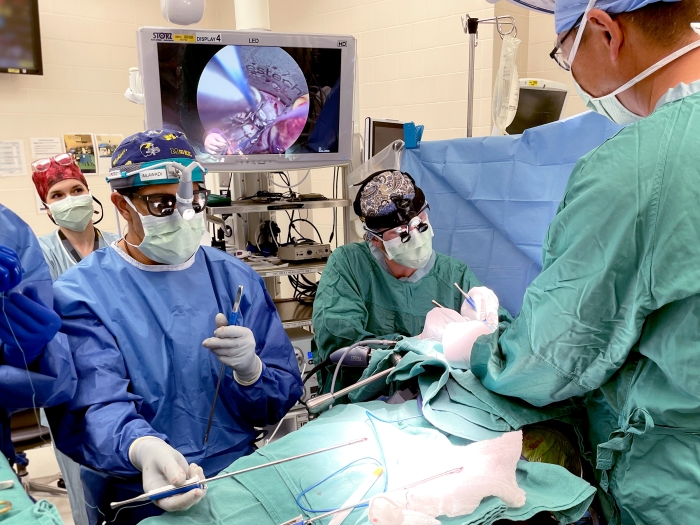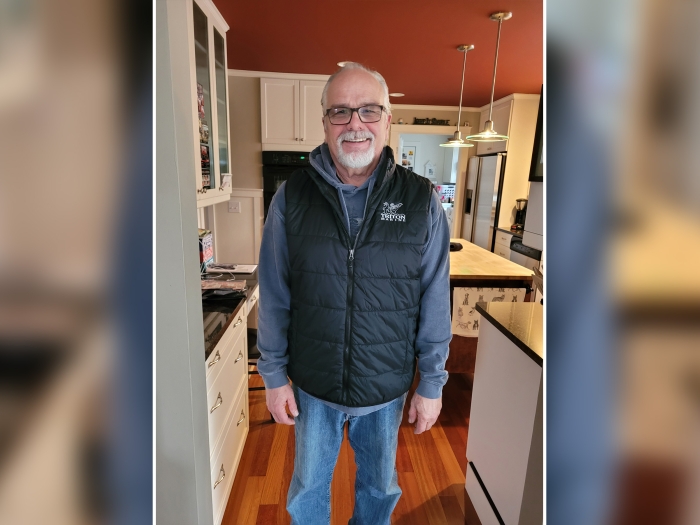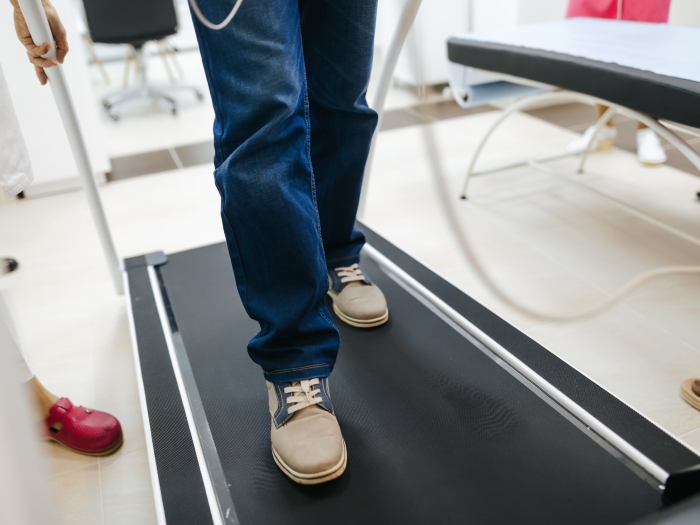Showing 61-75 of 138 results

Health Lab
Through a series of experiments in non-human primates, mice and humans, a multi-institutional team led by researchers from Michigan Medicine and Rush University found that the immune protein soluble urokinase plasminogen activator receptor, or suPAR, is an important link between viral infections and proteinuria; the elevation of protein in the urine is known to cause glomerulopathy, a common form of kidney disease.

Health Lab
Postoperative atrial fibrillation, commonly known as Afib, has traditionally been viewed as benign and limited. But a study led by researchers at the University of Michigan Health Frankel Cardiovascular Center finds that postoperative atrial fibrillation increases the risk of strokes and permanent Afib — and is linked to worse long term survival — after heart valve surgery.

Health Lab
National study examined health care perceptions of approximately 3,500 women, including those with and without a history of stroke

Health Lab
Michigan Medicine’s head of cardiac surgery, Gorav Ailawadi, M.D, M.B.A., answers questions about different treatment options for heart valve disease.

Health Lab
University of Michigan researchers found that the overproduction of neutrophil extracellular traps is an important contributing factor to vascular dysfunction in diabetes.

Health Lab
The vast majority of people who have a minimally invasive heart valve replacement procedure do not participate in recommended cardiac rehabilitation, a Michigan Medicine-led study finds.

Health Lab
A Michigan Medicine report shows that adding a mobile health application to such devices yields mixed results. Tailored text messages to encourage high-risk people to move more may improve some short-term outcomes but doesn’t always improve physical activity levels for everyone.
Department News
Kassidy Jungles awarded CEW+ Fellowship for the 2023 school year

Health Lab
Learn about the latest advances in treatment for chronic total occlusion, a life-threatening condition that deprives the heart of oxygen. A team of cardiovascular surgeons perform advanced, minimally invasive surgery to help David Schneider get his life back on track.
Department News
Congratulations grad students who completed their defenses this month

The Fundamentals
An interview with Dr. Jessica Anand on pharmacology, developing new opioid rescue therapies and diversity, equity and inclusion.
Department News
Tenzin Ngodup receives NCI F31 award
Department News
Sean Hannifin (Lee Lab) has been awarded the NIH NRSA F31

Health Lab
Using these wearable devices, a study led by Michigan Medicine and the University of Missouri with Saint Luke’s Mid America Heart Institute finds that taking more daily steps is associated improved health, including fewer symptoms and physical limitations, for people with heart failure.

Health Lab
A Michigan Medicine study finds people who participate in cardiac rehabilitation have a decreased risk of death years after surgery, with a trend towards better outcomes in patients who attend more sessions.